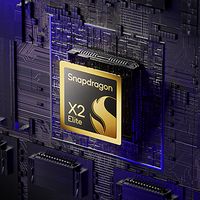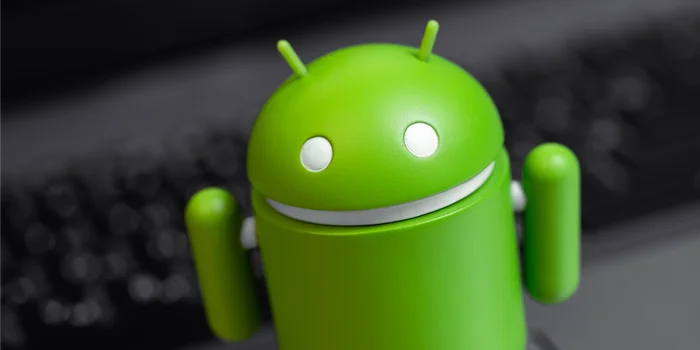
News + Trends
Qualcomm presents PC chips with allegedly groundbreaking efficiency
by Samuel Buchmann


Google brings Android to the laptop. A new platform is to be created - with Gemini, productive aspirations and probably also Snapdragon hardware.
What has been a long time in the making is now official: Android is coming to the PC. Sameer Samat, President of the Android ecosystem at Google, announced a new platform strategy at the Snapdragon Summit. Chrome OS will remain - but for the first time, Android will follow suit and become the technical basis for a new PC platform.
We are combining the technologies of Chrome OS and Android. In this way, we are bringing all the advances in AI and productivity directly to the laptop.
The new platform is expected to launch on devices with Snapdragon X chips - the same SoCs that power Microsoft's new Copilot+ PCs. Qualcomm is promising nothing less than a new efficiency class. Although there is no direct confirmation, the framework of the announcement speaks volumes.
The idea is not entirely new. Back in 2016, Google announced its intention to bring Android apps to Chromebooks - at that time via the Play Store. This was later followed by technical steps such as ARC++ and ARCVM, which allowed Android apps to run in containers on Chrome OS. The vision of a common platform was there, but was never fully realised. Now Android is set to become the basis for large screens for the first time - not as an app layer, but as a foundation.
We are fundamentally redeveloping Chrome OS technology for Android. We are very much looking forward to this connection next year.
Google is talking about a «rebaselining» of the platform - in other words, a technical reboot. Android will become the basis for productive employees, with Gemini as a personal assistant, window management, external monitor support and native app integration. This should not only replace emulators, but also create a fully-fledged Android environment for the laptop.
Whether Google itself will bring a Pixel laptop was not mentioned. What is clear is that the new platform will not be exclusive. Google is talking about an ecosystem approach in which manufacturers such as Lenovo, Acer, Asus and HP could also join in.
We want your personal assistant to work seamlessly on all your devices - from your smartphone to your laptop.
There is no concrete timetable yet. A market launch is probably realistic for 2026 at the earliest - together with the next Snapdragon generation.


I find my muse in everything. When I don’t, I draw inspiration from daydreaming. After all, if you dream, you don’t sleep through life.
From the latest iPhone to the return of 80s fashion. The editorial team will help you make sense of it all.
Show all